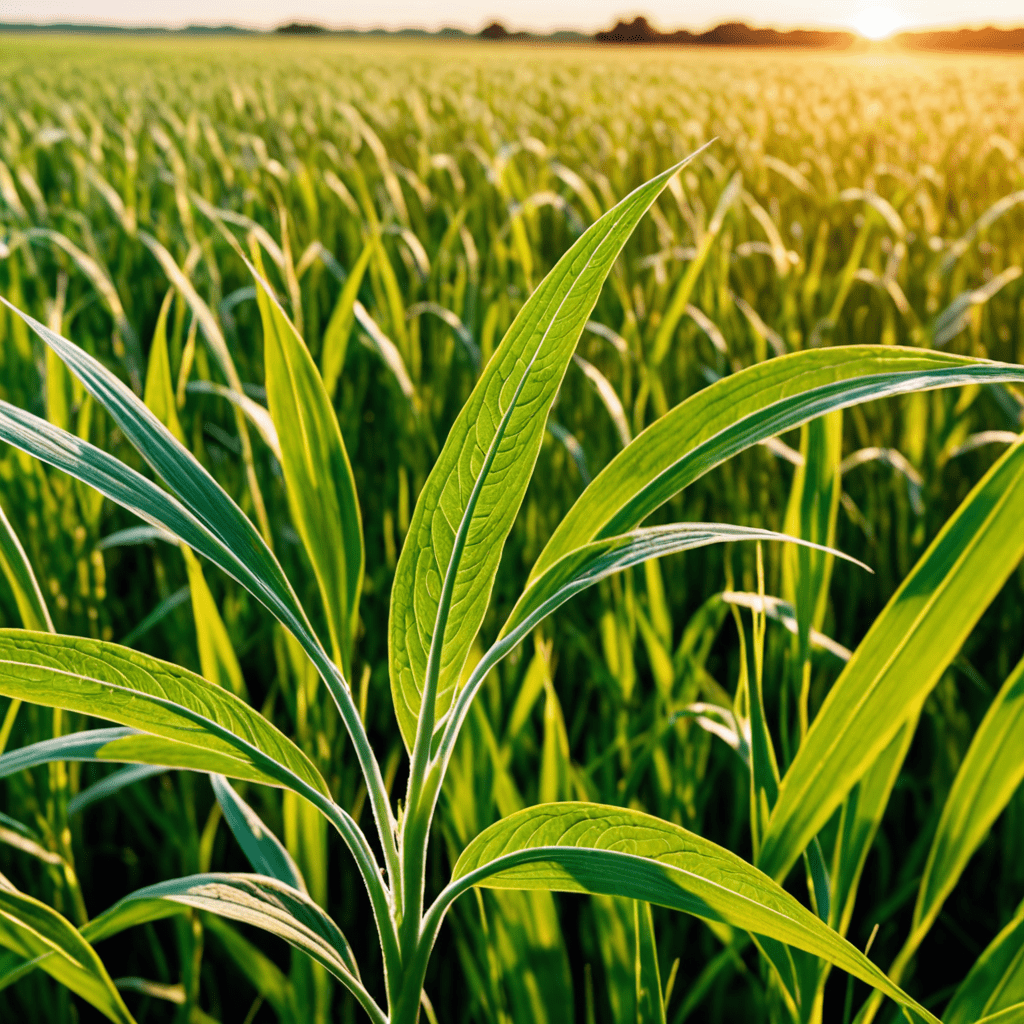The Potential of Microbial Biofuels
Microbial biofuels are a promising source of renewable energy derived from the metabolic activities of microorganisms. In recent years, research and development in this field have shown significant potential for sustainable energy production. Let’s delve into the fascinating world of microbial biofuels and explore their environmental and economic benefits.
What are Microbial Biofuels?
Microbial biofuels are biofuels produced from the conversion of organic materials by microorganisms such as bacteria, algae, and fungi. These microorganisms break down the organic matter through various metabolic processes to produce biofuels like bioethanol, biodiesel, and biogas.
Environmental Benefits
One of the significant advantages of microbial biofuels is their potential to reduce greenhouse gas emissions. Unlike traditional fossil fuels, microbial biofuels are derived from renewable sources, leading to lower carbon footprints and mitigating climate change. Additionally, the production of microbial biofuels can help in reducing dependence on finite fossil fuel resources.
Economic Opportunities
The development of microbial biofuels also presents economic opportunities. As the global demand for clean energy sources continues to rise, the biofuels market offers a lucrative avenue for investment and job creation. Moreover, the production of microbial biofuels can stimulate rural economies by utilizing locally sourced organic materials for fuel production.
Challenges and Future Outlook
Despite the promising potential of microbial biofuels, there are challenges to overcome, such as scaling up production processes, optimizing microbial strains for enhanced efficiency, and ensuring cost-competitiveness with traditional fuels. However, ongoing research and technological advancements are continuously addressing these challenges, paving the way for a sustainable future powered by microbial biofuels.
Research and Innovations
Researchers are exploring novel techniques and genetic engineering to enhance the productivity and sustainability of microbial biofuel production. From synthetic biology approaches to bioprospecting for superior microbial strains, the field of microbial biofuels is witnessing rapid advancements that hold promise for a cleaner and greener energy landscape.
Conclusion
In conclusion, microbial biofuels offer a renewable and environmentally friendly alternative to traditional fossil fuels. With their potential to reduce emissions, drive economic growth, and foster sustainable energy solutions, microbial biofuels stand at the forefront of the energy transition. Continued research, innovation, and support are crucial in unlocking the full potential of microbial biofuels for a greener tomorrow.
FAQs About the Potential of Microbial Biofuels
What are microbial biofuels?
Microbial biofuels are renewable energy sources produced from the metabolic processes of microorganisms such as bacteria, fungi, and algae. These organisms can convert organic materials like agricultural waste or algae into biofuels like biodiesel or bioethanol.
How do microbial biofuels benefit the environment?
Microbial biofuels offer significant environmental benefits as they can reduce greenhouse gas emissions compared to traditional fossil fuels. They also help in waste management by utilizing organic waste materials, thereby reducing landfill volumes and pollution.
What is the potential of microbial biofuels in the energy sector?
Microbial biofuels have the potential to play a crucial role in sustainable energy production. They can help reduce dependency on fossil fuels, mitigate climate change, and promote energy security. Research and advancements in this field aim to enhance the efficiency and scalability of microbial biofuel production.



